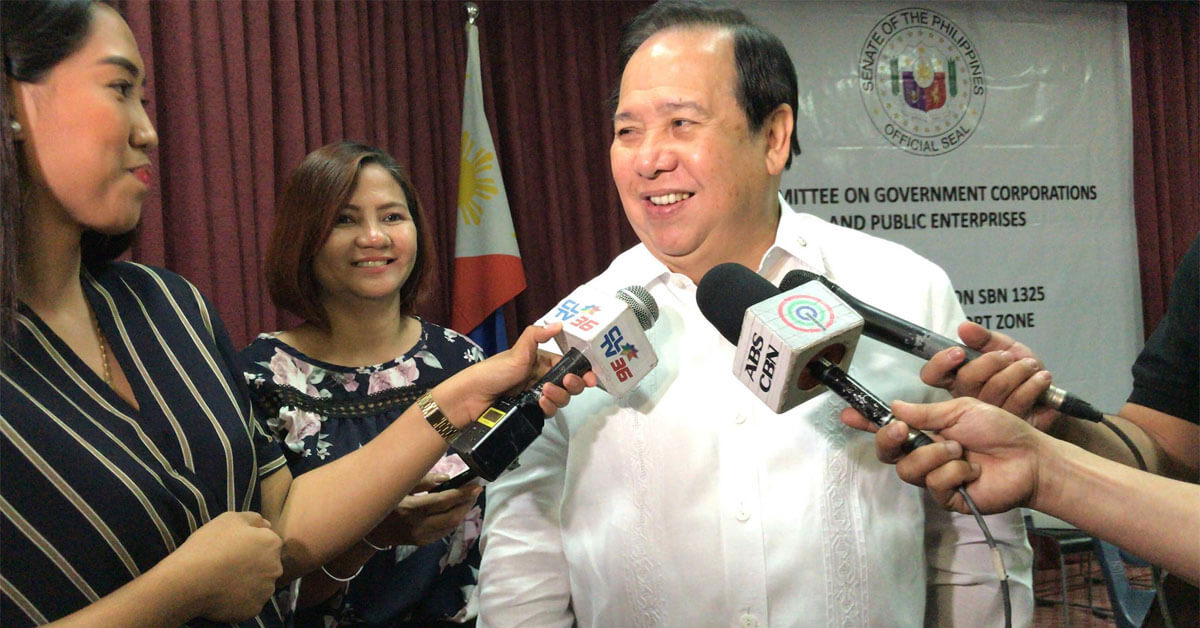DTI looking for additional investments from China
Posted 7 years ago
The government’s investment promotion agencies (IPAs) expect more investments from China on top of the $24 billion worth of economic benefits the Duterte administration had secured during the President’s visit to Beijing last year.
 |
Department of Trade and Industry (DTI) Undersecretary for Trade and Investments Promotion Group Nora K. Terrado said this as she led the Philippine Delegation to the 14th China-ASEAN (CAEXPO) and 14th China-ASEAN Business and Investment Summit (CABIS) held at the Nanning International Convention and Exhibition Center (NICEC) in Guangxi Province, China.
Comprising the Philippine contingent of over 100 participants are local export companies, Investment Promotion Agencies (IPAs) such as the Board of Investments (BOI), Bases Conversion and Development Authority (BCDA), Subic Bay Metropolitan Area (SBMA), Clark Development Corporation (CDC), and the Mindanao Development Authority (MinDA) as well as businessmen and government sector representatives aiming to promote Philippine tourism and business opportunities to the huge Chinese and Southeast Asian market.
“This is an opportune time for the Philippines to fully present its potential as an investment destination to the Chinese market. It is also a chance for Philippine exporters to meet with potential partners and buyers of their products and services and see how they can maximize the booming trend in China,” said Terrado.
The country’s contingent in China highlighted the Philippines’ trade potential through an exhibit of products and commodities from various sectors, including home, fashion and wearables, gifts, handicraft, personal care, and food.
Moreover, the Philippine participation also gave spotlight to this year’s Philippine featured destination, the province of Aurora. Tagged as the “Province of Charm,” the Aurora provincial government led by Vice Governor Rommel Angara, presented its booming tourism industry and economic potential particularly its agriculture sector.
“High on our agenda as we send Philippine trade missions abroad is opening more opportunities for countryside development. That is why we are happy to introduce Aurora province to the Chinese and Southeast Asian market as it has tremendous potential in the tourism and agriculture sector,” explained Terrado.
Currently, Aurora’s growth is primarily driven by agriculture. The sector employs approximately half of its population with about 49,991 hectares or 15% of the provincial land area classified as cultivated farmlands. Major crops include rice, coconut, coffee, bananas, root crops, corn, citrus fruits, peanuts, and abaca. The province is also a major producer of the Philippine’s coconut distilled alcoholic drink known as “lambanog,” and “tuba” which are made from the sap of coconut tree flowers.
Terrado was the key speaker at the China-Philippines Production Capacity and Investment Cooperation Forum co-organized by the National Development and Reform Commission of China and the National Economic and Development Authority (NEDA) of the Philippines.
Source: business.mb.com.ph













































Loading Comment